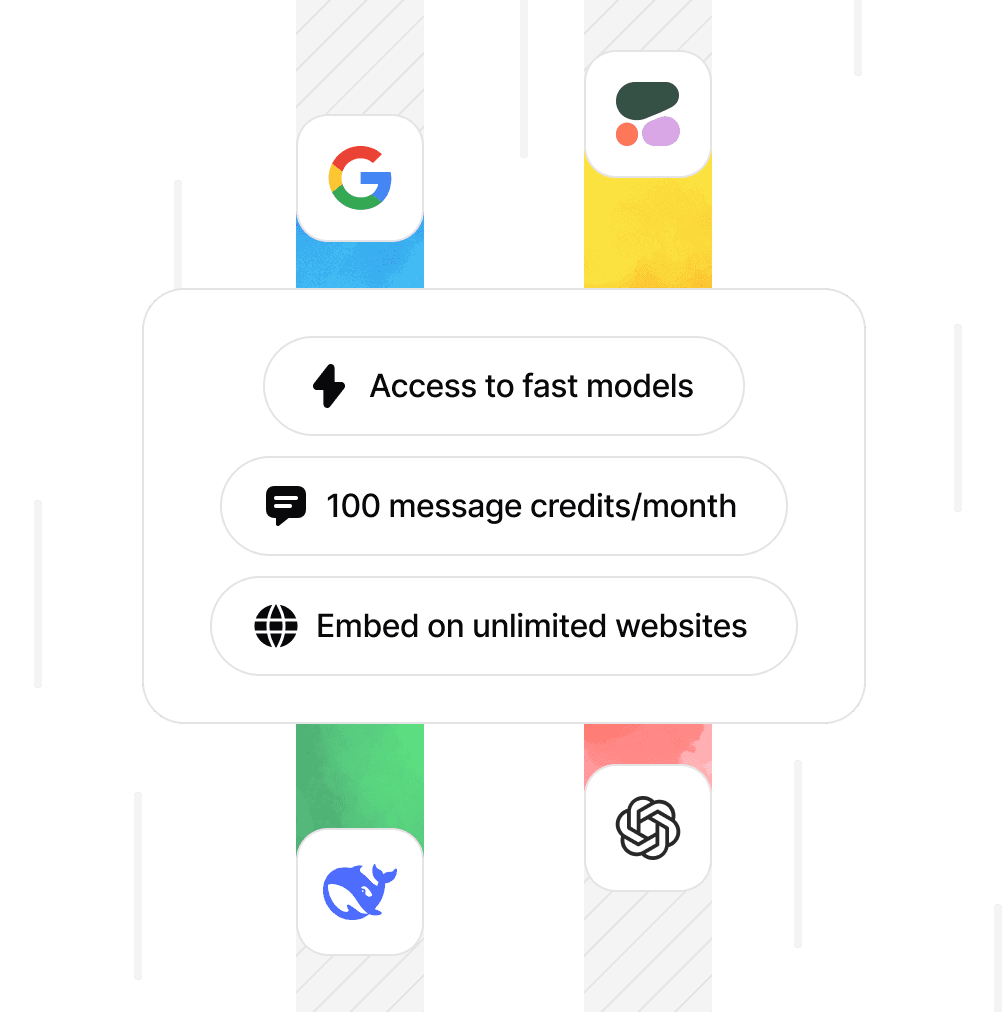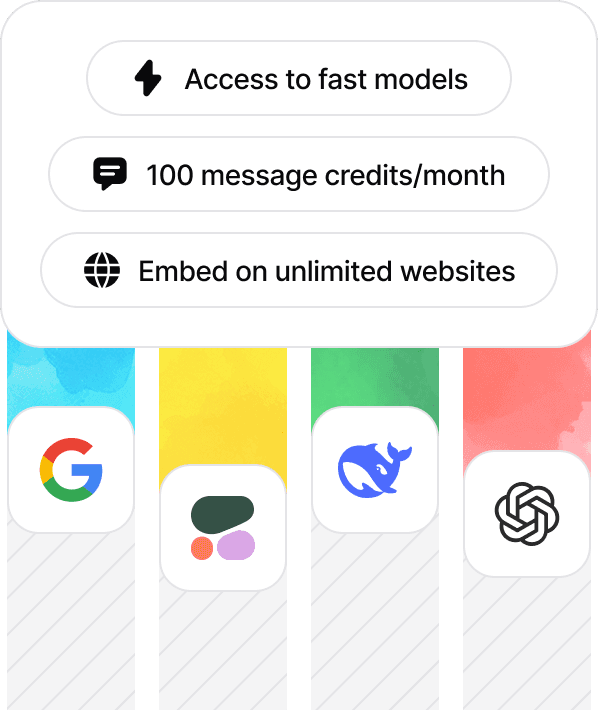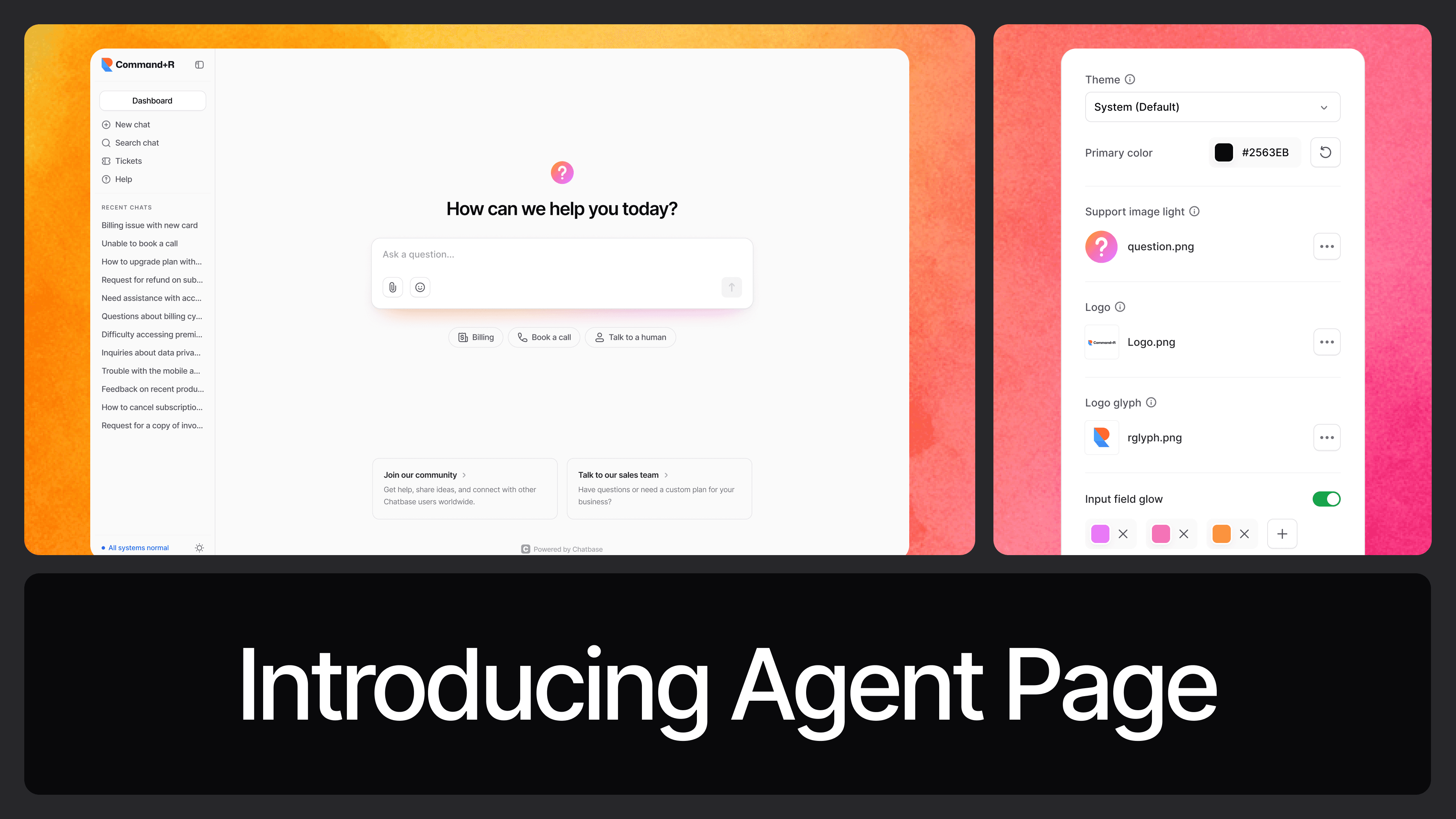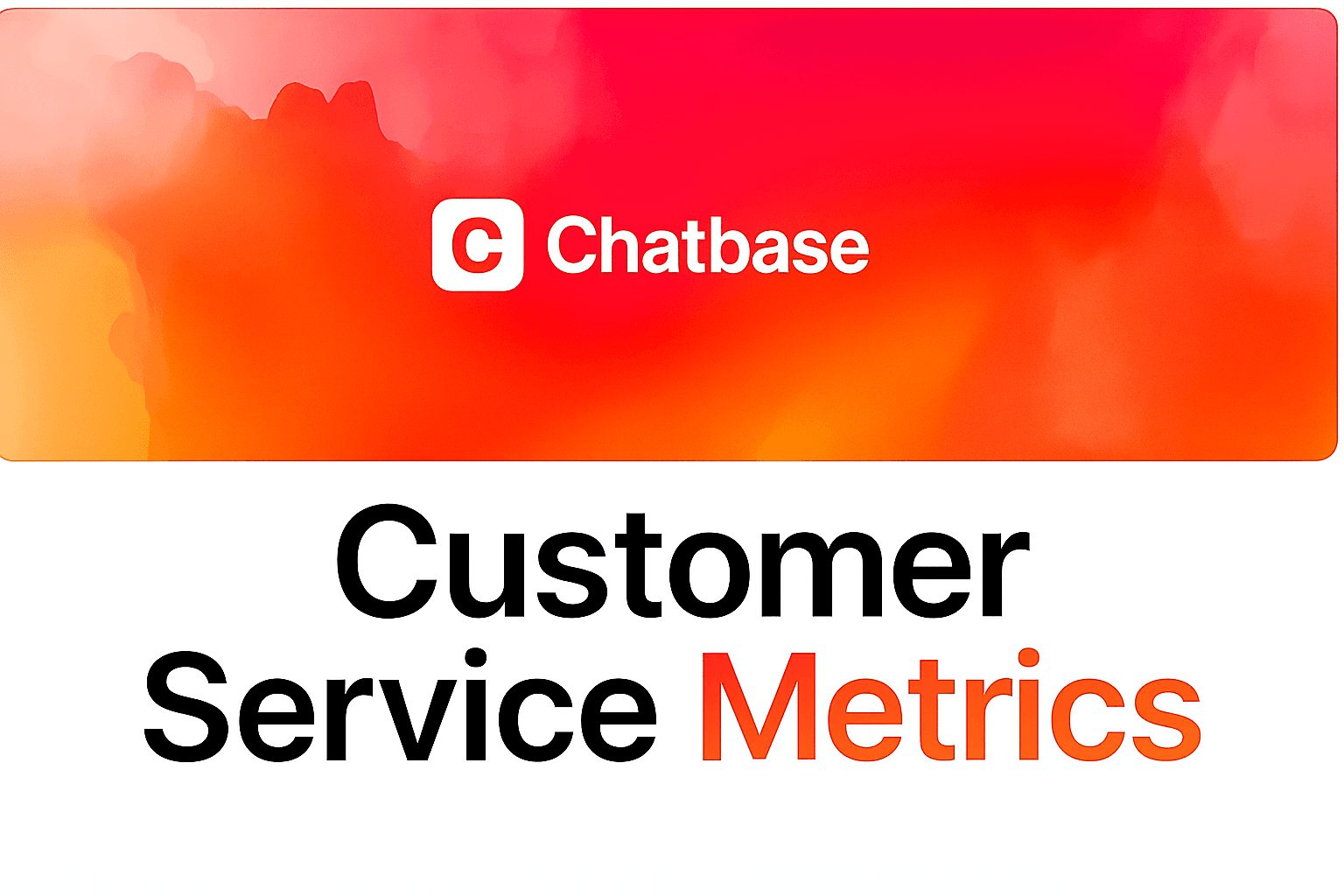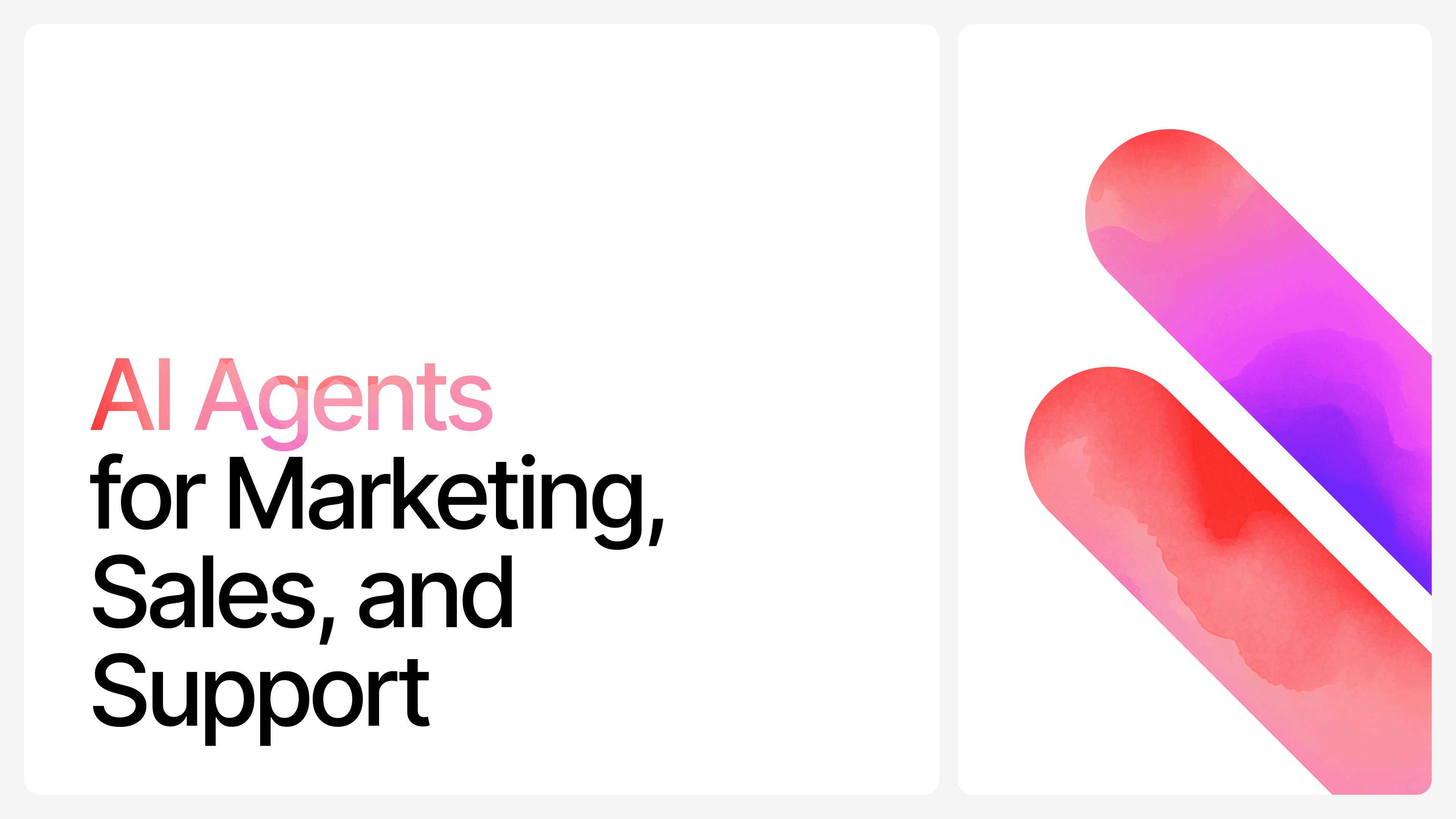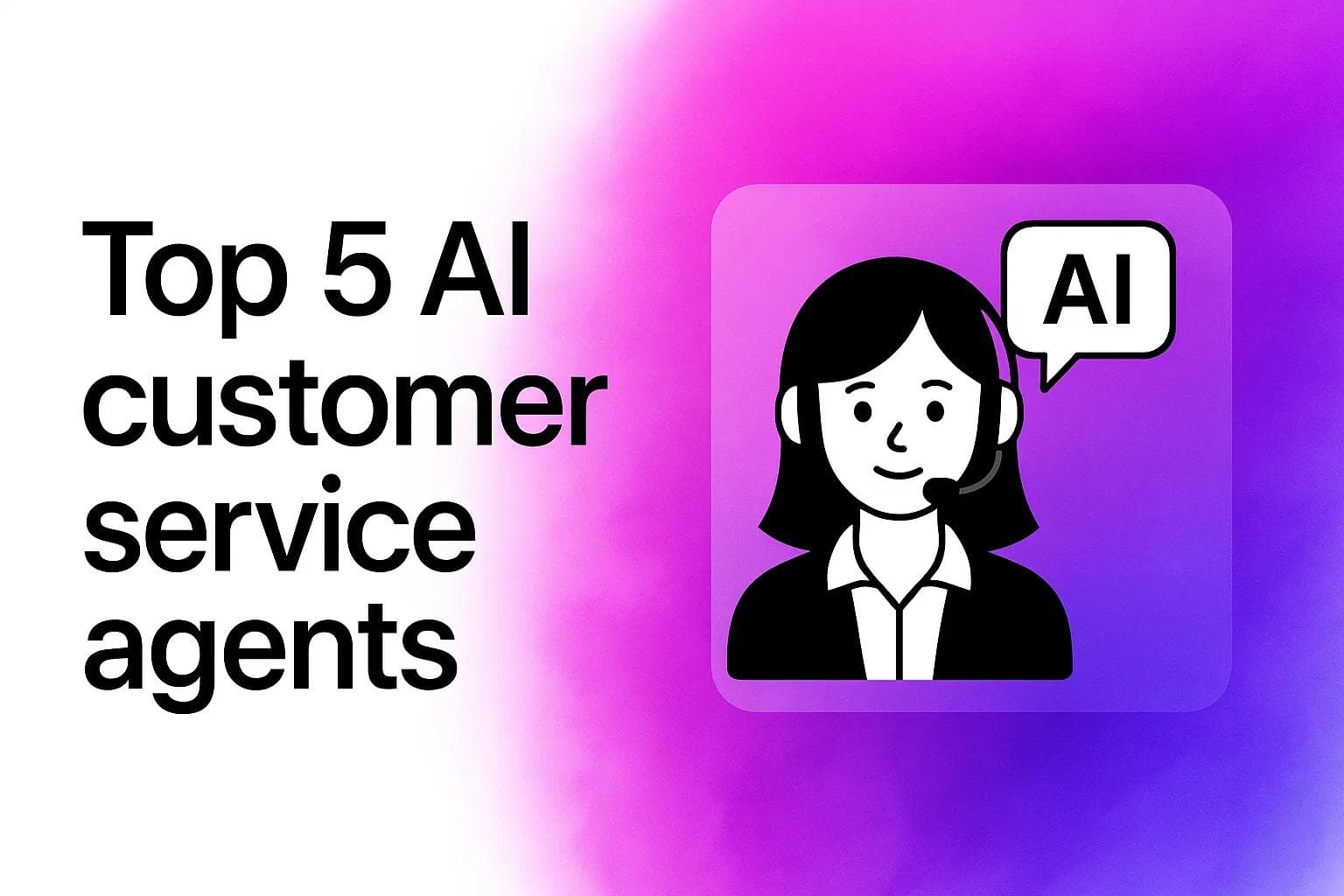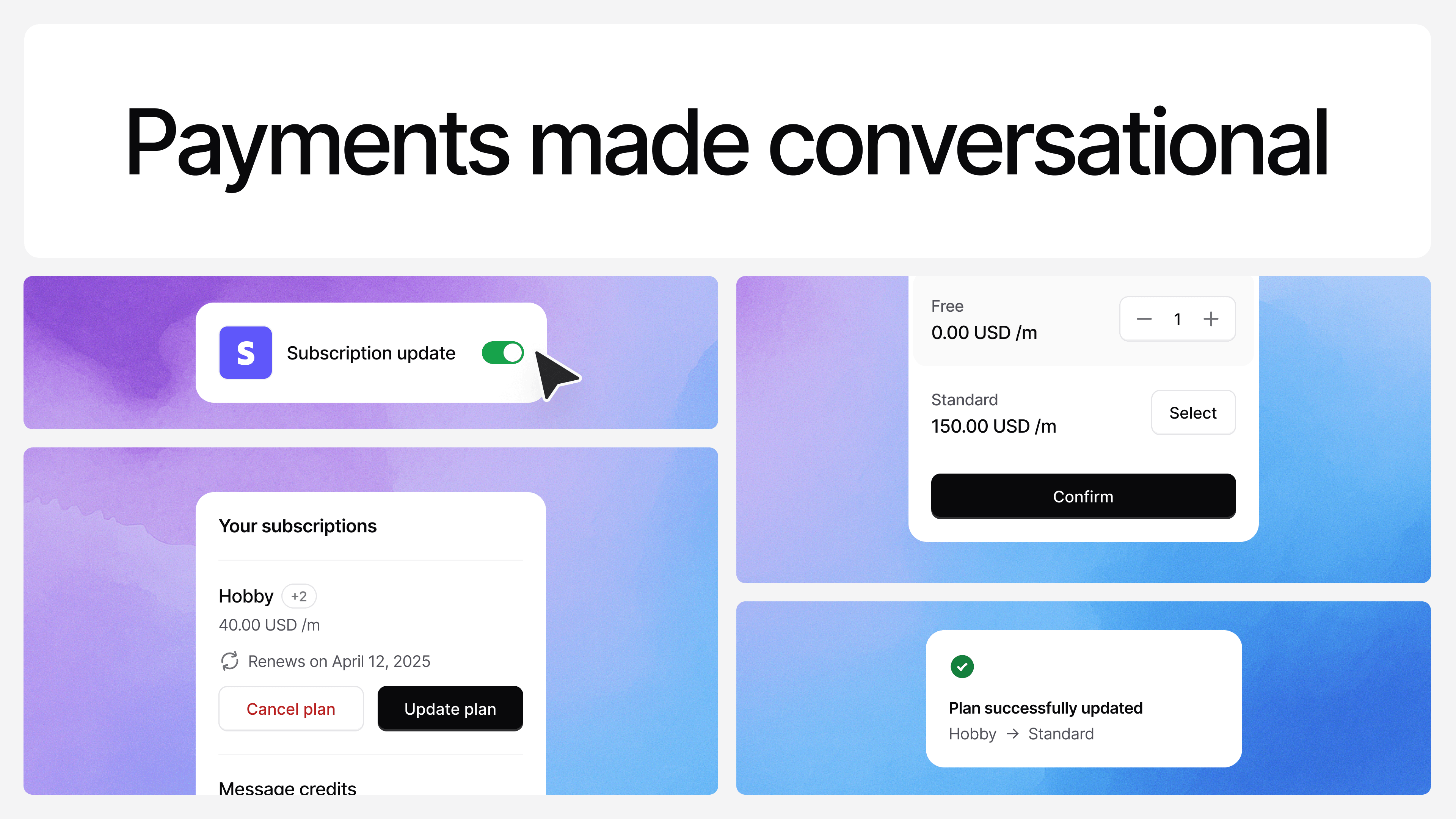Facebook Chatbot: The Ultimate Guide for 2026
Ilias Ism
Jun 29, 2024
12 min read
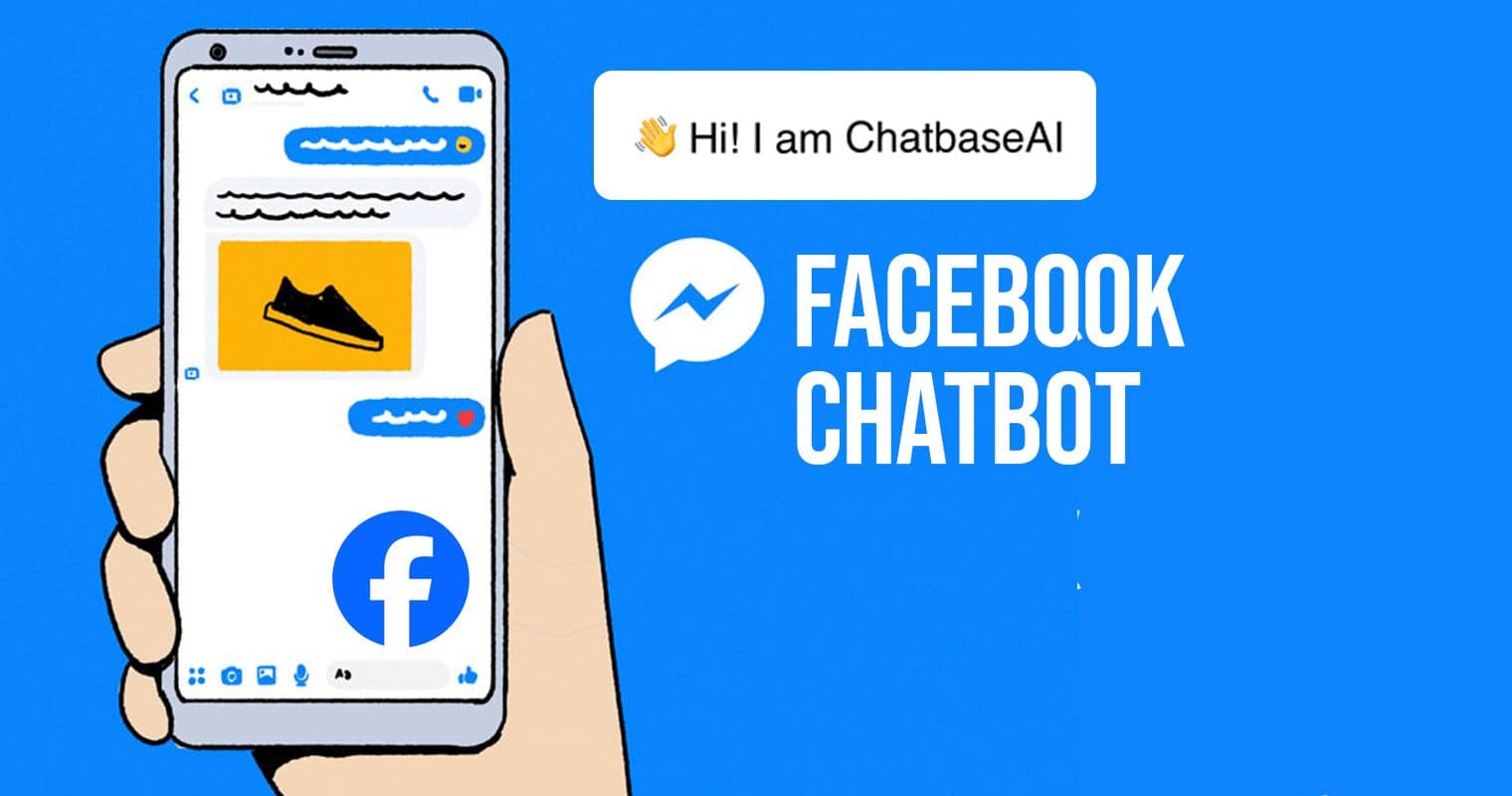
In today's fast-paced digital world, businesses are constantly seeking innovative ways to connect with their customers.
Enter the Facebook chatbot - a powerful tool that's revolutionizing customer engagement on one of the world's largest social media platforms.
But what exactly is a Facebook chatbot, and how can it benefit your business? Let's dive in and explore everything you need to know about Facebook chatbots.
What is a Facebook Chatbot?
![[object Object]](/_next/image?url=https%3A%2F%2Fcdn.sanity.io%2Fimages%2Fi6kpkyc7%2Fprod-dataset%2Fd35a1484c883914d68e70ce5fc6b32da213d4162-1024x576.webp&w=3840&q=75)
A Facebook chatbot is an automated computer program that interacts with users via Facebook Messenger.
These AI-powered assistants can answer customer questions, provide information, and even process transactions using keyword recognition and preprogrammed replies.
Essentially, they're your 24/7 customer service representative on Facebook, ready to engage with your audience at any time.
Why Use a Facebook Chatbot?
24/7 Availability: Chatbots never sleep, ensuring your customers can get assistance anytime.
Instant Responses: No more waiting for a human agent to become available.
Cost-Effective: Reduce customer service costs by automating routine inquiries.
Scalability: Handle multiple conversations simultaneously without additional resources.
Data Collection: Gather valuable insights about your customers' needs and preferences.
Personalized Experiences: Tailor interactions based on user data and behavior.
Increased Engagement: Keep users interacting with your brand on a platform they're already using.
How to Create a Facebook Messenger Chatbot
Creating a Facebook chatbot might sound daunting, but it's actually quite straightforward. Here's a step-by-step guide:
Choose a Chatbot Platform: There are many platforms available, such as Chatbase, MobileMonkey, or ManyChat. Choose one that fits your needs and budget.
Connect to Facebook: Link your chosen platform to your Facebook page or WhatsApp.
Design Your Chatbot: Plan out the conversation flow and responses. Think about the most common questions your customers ask.
Build Your Bot: Use your platform's tools to create the chatbot. Many offer drag-and-drop interfaces, making it easy even for non-technical users.
Test Your Bot: Before going live, thoroughly test your bot to ensure it's working correctly.
Launch and Monitor: Once you're satisfied, launch your bot and keep an eye on its performance. Make adjustments as needed based on user interactions.
Top Facebook Messenger Chatbot Platforms
Chatbase: Known for its advanced AI capabilities and easy customization.
MobileMonkey: Offers a user-friendly interface and powerful marketing tools.
ManyChat: Popular for its ease of use and wide range of features.
Chatfuel: Great for creating complex chatbots without coding.
Botsify: Offers a drag-and-drop interface and multi-language support.
Flowxo: Known for its flexibility and integration capabilities.
Pandorabots: Offers advanced AI and natural language processing features.
ItsAlive: Provides an intuitive platform for creating and managing chatbots.
Best Practices for Facebook Chatbots
To ensure your Facebook chatbot is effective and provides a positive user experience, consider these best practices:
Keep it Simple: Start with basic functionalities and expand as you learn what your users need.
Personalize the Experience: Use the user's name and tailor responses based on their history with your brand.
Provide Clear Options: Use buttons or quick replies to guide users through the conversation.
Be Transparent: Let users know they're talking to a bot and provide an option to speak to a human if needed.
Use Natural Language: Make your bot's responses conversational and friendly.
Regularly Update Your Bot: Keep your bot's information current and adjust its responses based on user feedback.
Respect Privacy: Be clear about how you're using user data and comply with privacy regulations.
Include Multimedia: Use images, GIFs, or videos to make conversations more engaging. For instance, if you're selling abstract canvas wall art photos prints, your chatbot can showcase high-quality images of different artworks, allowing customers to visualize pieces in their homes before making a purchase. You can even use tools to create images dynamically, generating custom designs or mockups tailored to each customer’s preferences.
Monitor and Optimize: Regularly review chatbot analytics to improve its performance.
Facebook Chatbot Use Cases
Facebook chatbots can be used in various ways across different industries. Here are some popular use cases:
Customer Support: Answer FAQs, troubleshoot issues, and direct complex queries to human agents.
E-commerce: Provide product recommendations, process orders, and handle shipping inquiries.
Lead Generation: Qualify leads by asking relevant questions and collecting contact information.
Appointment Scheduling: Allow users to book appointments or make reservations directly through Messenger.
Content Distribution: Share blog posts, videos, or other content based on user preferences.
Surveys and Feedback: Collect customer feedback or conduct market research.
Event Management: Provide event information, sell tickets, and send reminders.
Personal Finance: Offer basic financial advice or account information for banking chatbots.
Travel Assistance: Help users book flights, hotels, or provide travel recommendations.
News Updates: Deliver personalized news updates based on user interests.
Measuring Facebook Chatbot Success
To ensure your chatbot is meeting your business goals, it's important to track key performance indicators (KPIs). Here are some metrics to consider:
Engagement Rate: The percentage of users who interact with your chatbot.
Completion Rate: The percentage of conversations that achieve the desired outcome (e.g., answering a question, making a purchase).
Retention Rate: How many users return to interact with your chatbot multiple times.
Average Session Duration: How long users typically spend interacting with your chatbot.
User Satisfaction: Measured through surveys or by analyzing sentiment in user responses.
Handoff Rate: The percentage of conversations that require human intervention.
Conversion Rate: For chatbots designed to generate leads or sales, track how many conversations result in the desired action.
Response Time: How quickly your chatbot responds to user inquiries.
Challenges and Limitations of Facebook Chatbots
While Facebook chatbots offer numerous benefits, it's important to be aware of their limitations:
Limited Understanding: Chatbots may struggle with complex queries or nuanced language.
Lack of Empathy: They can't truly understand or respond to emotions like a human can.
Technical Issues: Chatbots can malfunction or provide incorrect information if not properly maintained.
User Frustration: Some users may prefer human interaction and become frustrated with chatbots.
Privacy Concerns: Collecting and storing user data through chatbots raises privacy considerations.
Continuous Maintenance: Chatbots require regular updates to stay relevant and accurate.
Platform Dependence: Changes to Facebook's policies or Messenger's features can impact your chatbot's functionality.
The Future of Facebook Chatbots
As AI technology continues to advance, we can expect Facebook chatbots to become even more sophisticated and useful. Here are some trends to watch:
Enhanced Natural Language Processing: Chatbots will become better at understanding and responding to complex queries.
Voice Integration: As voice technology improves, we may see more voice-activated chatbots on Facebook.
Augmented Reality (AR) Integration: Chatbots could incorporate AR features for virtual try-ons or product demonstrations.
Predictive Analytics: Chatbots will use data to predict user needs and offer proactive assistance.
Emotional Intelligence: Advanced AI may allow chatbots to better recognize and respond to user emotions.
Seamless Omnichannel Experience: Chatbots will provide consistent experiences across multiple platforms, not just Facebook.
Increased Personalization: Chatbots will offer hyper-personalized experiences based on user data and behavior.
Conclusion
Facebook chatbots represent a powerful tool for businesses looking to enhance their customer engagement and streamline their operations. By providing 24/7 support, instant responses, and personalized interactions, chatbots can significantly improve the customer experience while reducing costs for businesses.
The capabilities of Facebook chatbots will only continue to grow. From advanced AI and natural language processing to integration with other emerging technologies, the future of chatbots is bright.
However, it's important to remember that chatbots are not a one-size-fits-all solution. They work best when thoughtfully designed, regularly maintained, and used as part of a comprehensive customer engagement strategy. By following best practices, measuring performance, and continuously optimizing based on user feedback, businesses can harness the full potential of Facebook chatbots to drive growth and customer satisfaction.
Whether you're a small business owner looking to improve customer service or a large corporation aiming to streamline operations, Facebook chatbots offer a versatile and powerful solution. As you embark on your chatbot journey, remember to stay focused on providing value to your users, and don't be afraid to get creative with how you use this technology.
The world of Facebook chatbots is evolving rapidly, and the businesses that stay ahead of the curve will be well-positioned to reap the benefits. So why wait? Start exploring how a Facebook chatbot can transform your business today!
Share this article:
